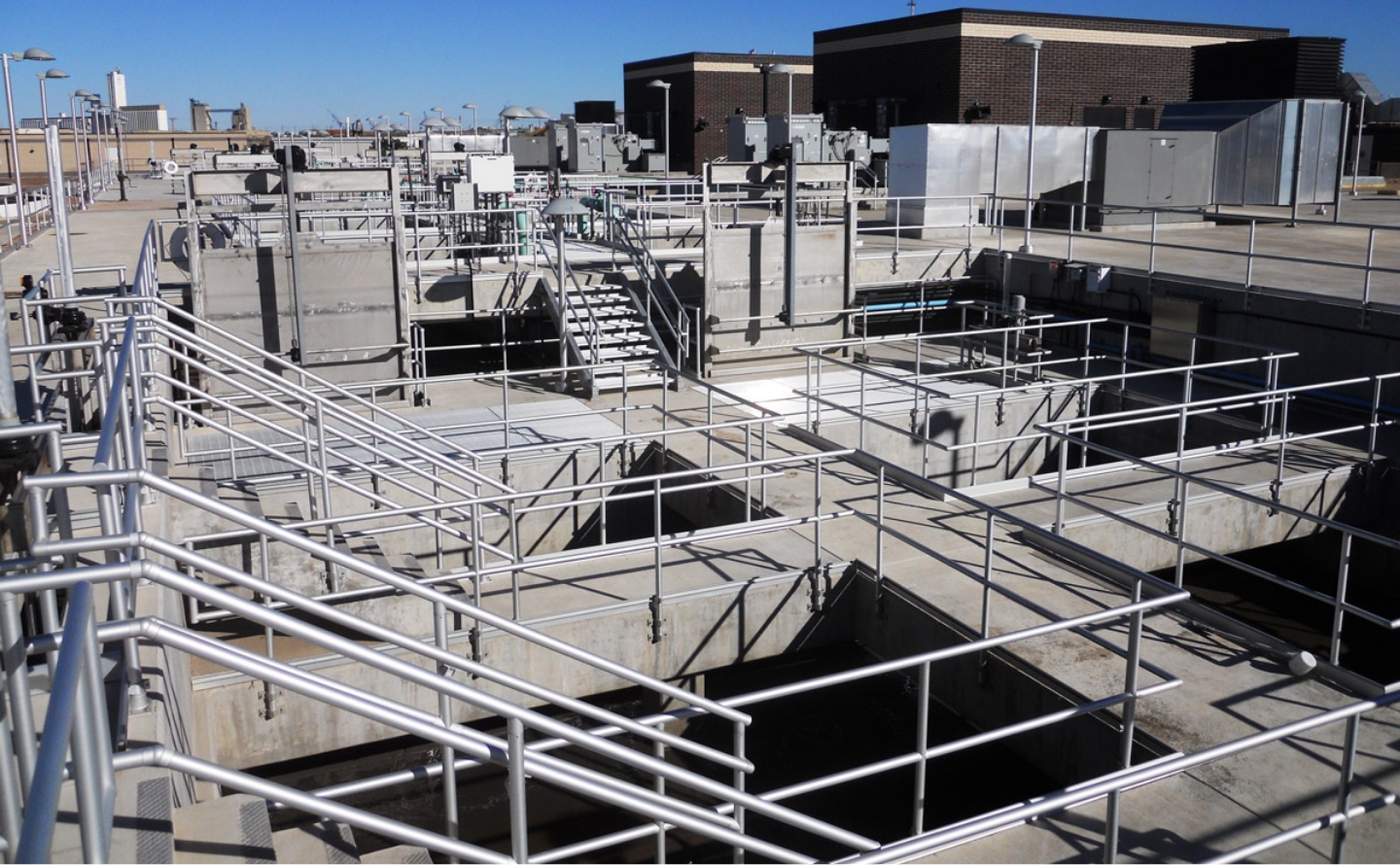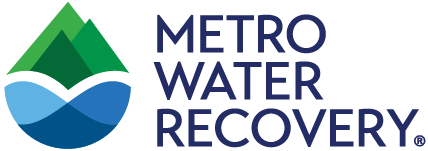Metro Water Recovery delivers high-quality services by continuously innovating and investing in our processes while upholding the highest standards of safety, financial stewardship, and environmental sustainability.

We continue to focus on responsible environmental stewardship by continuously improving our practices and adopting cutting-edge technologies to reduce our environmental impact. Our commitment to sustainability is not just a goal but a mindset which permeates all aspects of our business.
Focus Areas and Key Results
Resource Optimization
Sustainability


Projects and Accomplishments
Annually, Metro identifies significant projects that align with Focus Areas, offering the greatest potential to advance the organization toward our desired key results.
Focus Area: Resource Optimization
Desired Result: Maintained responsible and transparent financial management.
Project Impact: Asset Management (AM) allows Metro to accomplish its mission through efficient management of its assets. AM also allows Metro to maximize the value of its assets. By taking a proactive approach, AM enables Metro to focus efforts on maintaining the right assets at the right time. This significantly reduces the need for corrective maintenance.
Executive Sponsor: Sherman Papke – Chief Technical Officer
Project Lead(s): Perry Holland – Director of Comprehensive Planning
Key Milestones:
Focus Area: Resource Optimization
Desired Result: Increased the value of our finite resources through innovation.
Project Impact: Defined enterprise-wide continuous improvement (CI) strategy which encompasses change management practices. This strategy will incorporate change management practices, align continuous improvement efforts with the Strategic Plan and Enterprise Program, and establish program performance indicators and a resource structure.
Executive Sponsor: Dawn Ambrosio – Chief Strategy Officer
Project Lead: Muzit Kiflai – Senior Continuous Improvement Manager
Key Milestones:
Focus Area: Resource Optimization
Desired Result: Invested strategically to enhance Metro’s position as the utility of the future.
Project Impact: The advanced digital technology evaluation and implementation for the Northern Treatment Plant (NTP) will support process optimization efforts with the intent to increase treatment performance, enhance data utilization, and improve plant operability while reducing operating costs. The digital solution will leverage data-driven technologies (e.g., digital twin models) to simulate complex control scenarios and provide recommendations and real-time insight to support operator decision-making. These technologies can be integrated with process modeling software and dashboarding platforms for continuous performance monitoring and automated reporting. With sufficient instrumentation and model calibration, the technology has potential for full automation of process operation, control, and optimization.
Executive Sponsor: Liam Cavanaugh – Chief Operating Officer
Project Lead: Aidan Travers – Staff Engineer
Key Milestones:
Focus Area: Sustainability
Desired Result: Defined internal sustainability objectives and implemented sustainability practices.
Project Impact: Energy expenditure comprises a significant portion of Metro’s annual operational budget. A systematic evaluation of energy efficiency measures is the first step to mitigating future energy costs. At the same time, rate payers, neighbors, and employees ask for a response to climate realities, along with regulatory developments which call for a responsible long-term strategic plan to secure access to a diversified, reliable energy source portfolio. Metro is in the unique position to recover large amounts of currently untapped renewable energy resources for its own operation or in collaboration with community partners.
Executive Sponsor: Tanja Rauch-Williams – Chief Innovation Officer
Project Lead: Energy Manager (to be hired in the first or second quarter of 2024)
Key Milestones:
Focus Area: Sustainability
Desired Result: Defined internal sustainability objectives and implemented sustainability practices.
Project Impact: Recent employee surveys and input from Board members have highlighted a desire for Metro to take a systematic approach to continuous improvements towards sustainability practices. This project will create an organizational structure to facilitate the definition of sustainability objectives, identification of organization priorities, data collection and metrics benchmarking, and proposed timelines for the implementation of recommended sustainability initiatives among Metro employees.
Executive Sponsor: Tanja Rauch-Williams – Chief Innovation Officer
Project Lead: TBD
Key Milestones:
Organizational Metrics – Our Work Dashboard
Our Pillars
Foundational elements which guide Metro’s direction and decision-making. Click on an icon to learn more about that pillar.

